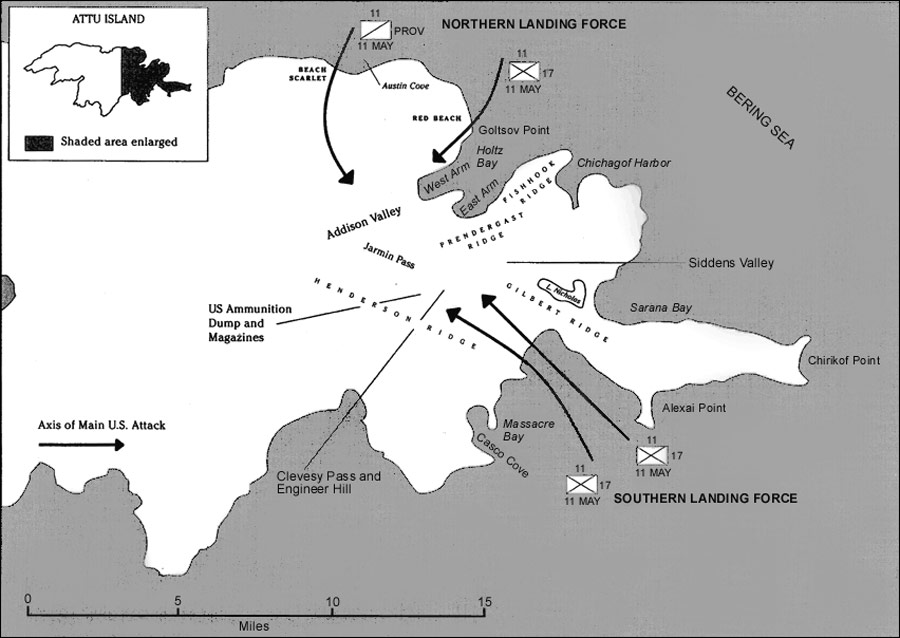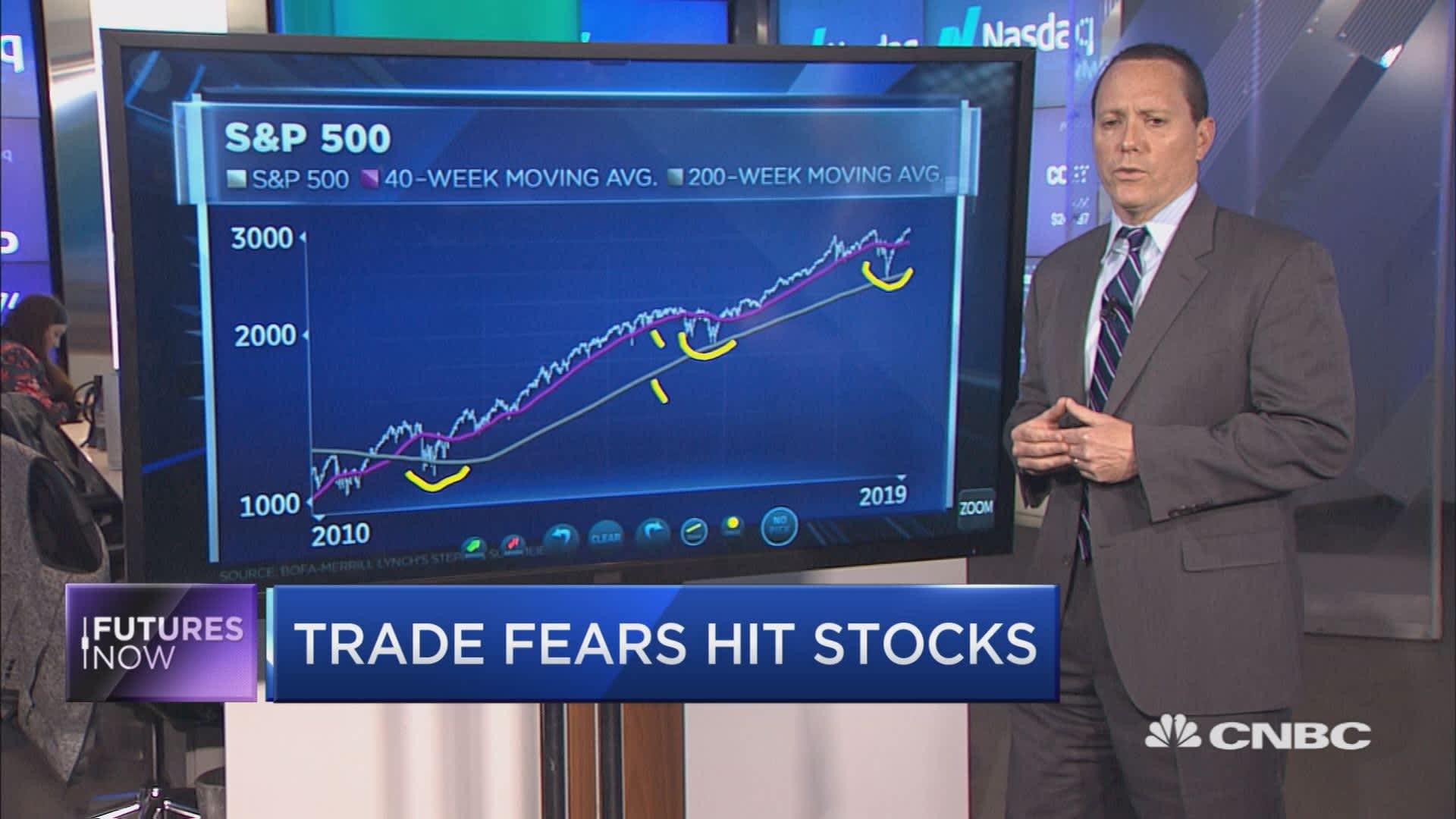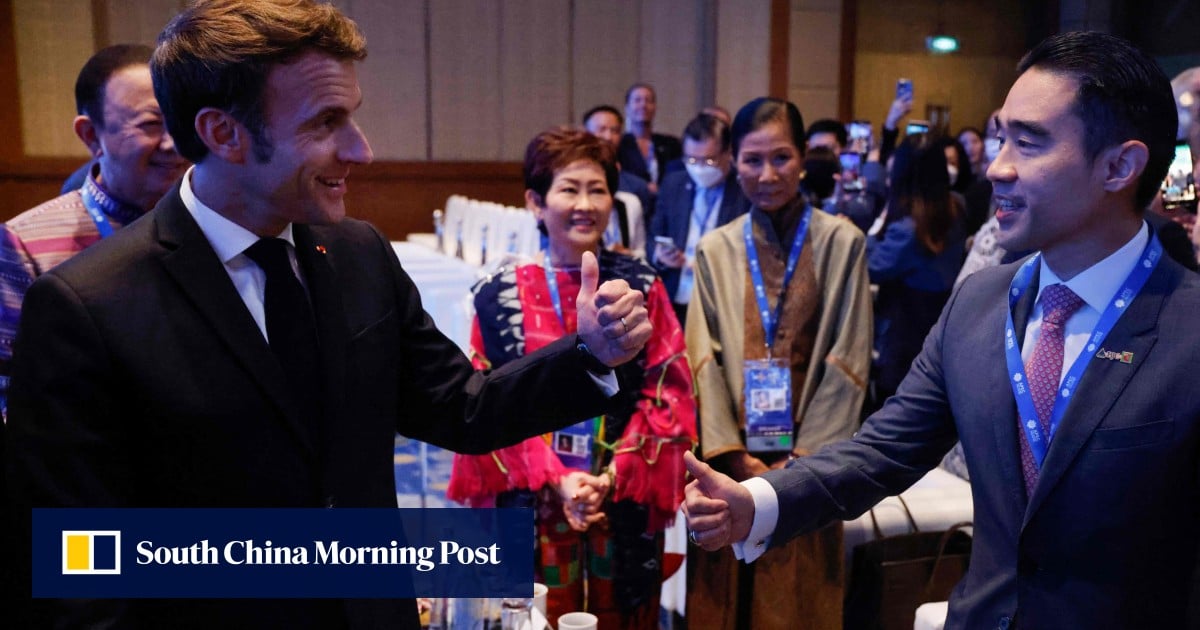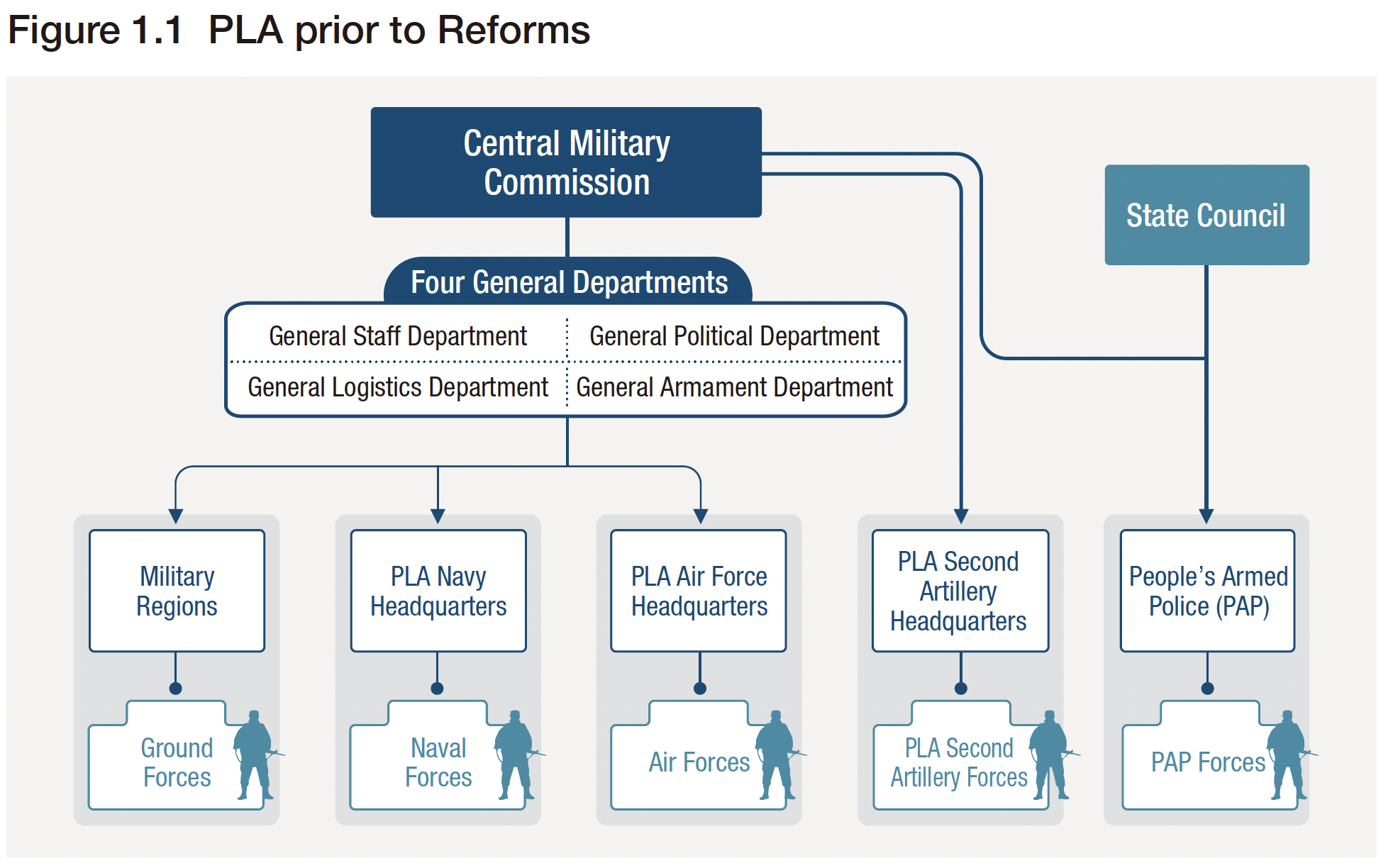Confronting Power: The American Battleground And The World's Richest

Table of Contents
The Concentration of Wealth in America: A Growing Divide
The widening gap between the wealthiest Americans and the rest of the population is a defining feature of our time. This wealth inequality has profound societal implications, impacting everything from social mobility to political stability. Confronting this power imbalance requires a deep understanding of its root causes.
Income Inequality and its Societal Impact
The statistics paint a stark picture. The top 1% of Americans hold a disproportionate share of the nation's wealth, while the majority struggle with stagnant wages and limited opportunities.
- The Gini coefficient, a measure of income inequality, consistently ranks the US among the most unequal developed nations.
- Studies show a strong correlation between income inequality and decreased social mobility, making it increasingly difficult for individuals to climb the economic ladder.
- Economic disparity contributes to decreased economic opportunity, leading to higher poverty rates and widening health disparities.
- This inequality also fuels political polarization, creating a climate of resentment and distrust.
These trends directly challenge the traditional notion of the American Dream, where hard work and determination supposedly lead to upward mobility. Economic theories like those presented in Thomas Piketty's Capital in the Twenty-First Century further illuminate the systemic factors contributing to this persistent wealth inequality.
The Role of Tax Policies and Corporate Influence
The concentration of wealth is not accidental; it's the result of deliberate policy choices and the influence of powerful actors.
- Tax policies frequently favor the wealthy, featuring loopholes that allow the rich to significantly reduce their tax burdens. This includes strategies like offshore tax havens and complex financial instruments.
- Corporate lobbying plays a significant role in shaping legislation. Powerful corporations exert influence on lawmakers, advocating for policies that benefit their interests, often at the expense of the broader population. This political influence further entrenches the power of the world's richest.
- Tax reform efforts aimed at addressing wealth inequality often face stiff resistance from powerful lobbying groups, hindering progress towards a more equitable system.
These factors contribute to a cycle where the wealthy amass more wealth, while the burden of economic hardship falls disproportionately on the lower and middle classes. Confronting this requires reforming tax policies to close loopholes and curb the undue influence of corporations.
The Political Battleground: Power, Influence, and the American Electorate
The battle over wealth and power is played out on the political stage, where money significantly influences the outcomes of elections and policy decisions.
The Influence of Super PACs and Dark Money in Politics
The rise of Super PACs and the influx of "dark money" into political campaigns have fundamentally altered the landscape of American politics.
- Super PACs, allowed to accept unlimited contributions, can spend vast sums influencing elections, often without disclosing their donors.
- Dark money, funds from undisclosed sources, further obscures the flow of money in politics, making it difficult to track the influence of special interests.
- Campaign finance reform efforts have been largely ineffective in curbing the influence of money in politics.
This unchecked influence of wealthy donors tilts the playing field, favoring candidates and policies that benefit the world's richest, at the expense of the average American. Confronting this power requires significant campaign finance reform.
The Political Polarization and its impact on Policy-Making
Wealth inequality exacerbates political polarization, making it difficult to achieve bipartisan consensus on policies addressing economic disparity.
- The growing divide between the rich and the poor fuels resentment and distrust, contributing to political gridlock.
- This polarization makes it challenging to implement policies that would redistribute wealth or address income inequality effectively.
- Bridging the political divide requires finding common ground and fostering a sense of shared national purpose.
Confronting this political stalemate necessitates fostering constructive dialogue, promoting bipartisan cooperation, and prioritizing policies that benefit all Americans.
Global Implications: The World's Richest and International Power Dynamics
The concentration of wealth in America has global ramifications, impacting international power dynamics and exacerbating global inequality.
The Influence of Global Corporations and Multinational Companies
The actions of multinational corporations often disproportionately affect developing nations.
- Globalization has led to a concentration of economic power in the hands of a few global corporations.
- These corporations can exploit lax regulations and low labor costs in developing countries, widening the global wealth gap.
- The role of global financial institutions in perpetuating economic inequality needs careful scrutiny.
Confronting the power of these multinational corporations requires greater regulation and international cooperation.
The Challenge of Global Cooperation to Address Wealth Inequality
Addressing global wealth inequality requires international collaboration and a commitment to sustainable development.
- International organizations are working to promote economic fairness and reduce inequality worldwide, but face many challenges.
- Global cooperation on issues like fair trade, sustainable development, and environmental protection is crucial.
- Overcoming national self-interest and achieving consensus on global issues remains a major obstacle.
Confronting power on a global scale requires concerted effort from governments, international organizations, and civil society.
Conclusion: Confronting Power for a More Equitable Future
The concentration of wealth in America is not just an economic issue; it's a political and social crisis with profound global implications. This article has examined the complex interplay of factors contributing to this growing divide – from tax policies and corporate influence to the role of money in politics and the actions of global corporations. Confronting this power imbalance requires a multi-pronged approach, including reforming tax policies, curbing corporate influence, promoting campaign finance reform, and fostering global cooperation to address wealth inequality. Confronting power demands active engagement. By understanding the complexities of wealth inequality in America and its global reach, we can collectively work towards a more just and equitable future for all. Join the fight to confront power and build a fairer society. Let's build an American battleground where the fight for economic justice is won, creating a more equitable distribution of wealth for all.

Featured Posts
-
 Why Current Stock Market Valuations Arent A Worry According To Bof A
Apr 26, 2025
Why Current Stock Market Valuations Arent A Worry According To Bof A
Apr 26, 2025 -
 Military Base Showdown Examining The Us China Power Struggle
Apr 26, 2025
Military Base Showdown Examining The Us China Power Struggle
Apr 26, 2025 -
 Securing A Switch 2 Preorder My Game Stop Queuing Story
Apr 26, 2025
Securing A Switch 2 Preorder My Game Stop Queuing Story
Apr 26, 2025 -
 American Battleground The Ultimate Fight For Influence
Apr 26, 2025
American Battleground The Ultimate Fight For Influence
Apr 26, 2025 -
 Analyzing The Us China Contest For Influence A Critical Military Base
Apr 26, 2025
Analyzing The Us China Contest For Influence A Critical Military Base
Apr 26, 2025
